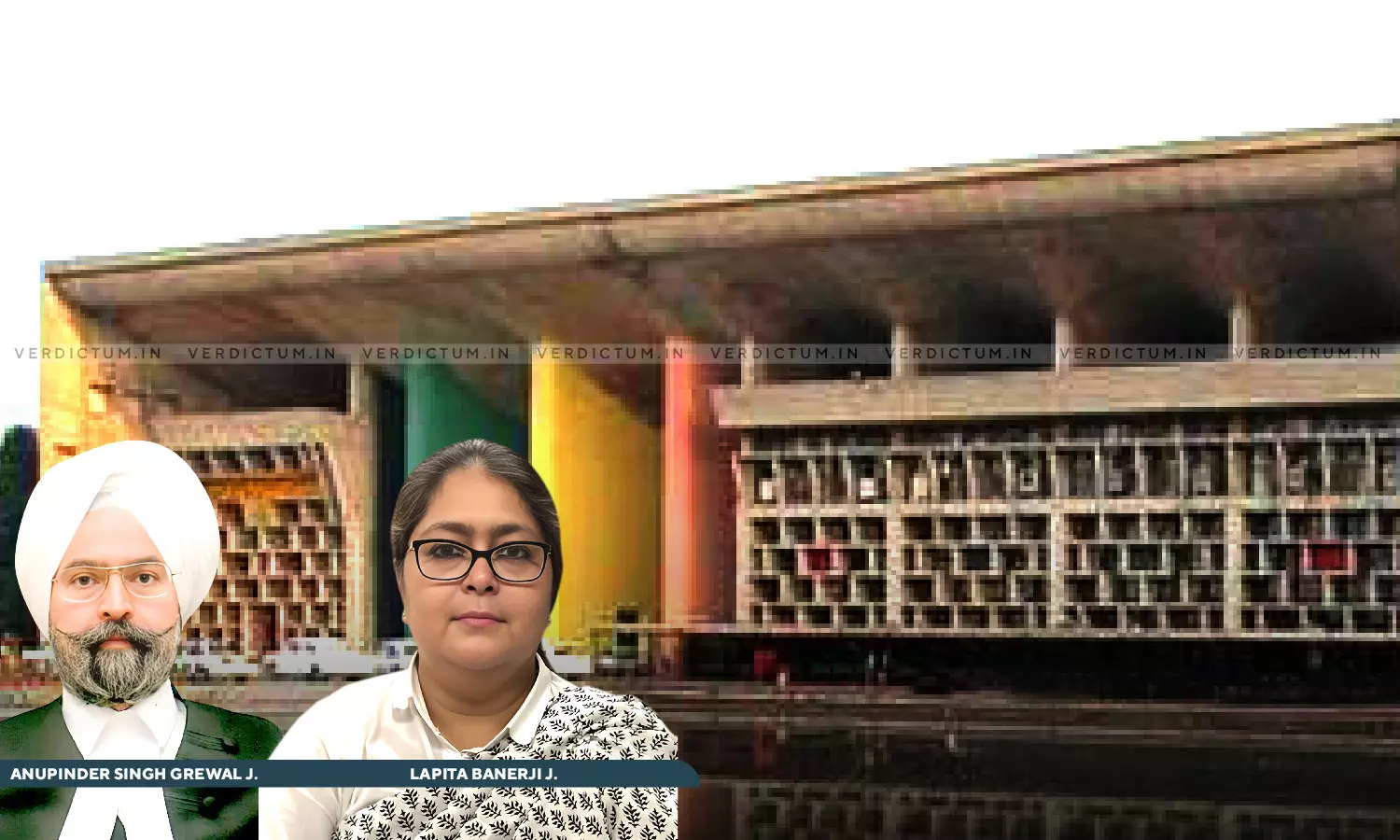
Contract Of Sale Stood Frustrated By Legal Impossibility Due To Existence Of Moratorium: Punjab & Haryana HC Directs Union Bank Of India To Refund Bid Amount
 |
|The Punjab and Haryana High Court has directed the Union Bank of India to refund the forfeited deposit amount to a company after holding that the contract of sale was frustrated by legal impossibility, caused by an interim moratorium under the IBC.
The bank was directed to pay Rs. 50k as litigation costs by the Court for dragging M/s Micro Turner (petitioner) to “harassive/vexatious litigation.” The petitioner had challenged the forfeiture of 25% of the sale price Rs. 11.14 crores by Union Bank of India (Bank) in a cancelled property auction. The Bench held that the insolvency proceedings under Section 96 of the Insolvency and Bankruptcy Code (IBC) against the petitioner by an operational creditor debarred the Bank from issuing the sale certificate.
A Division Bench of Justice Anupinder Singh Grewal and Justice Lapita Banerji observed, “As the respondent is statutorily barred till such time the insolvency petition was rejected by NCLT, this Court has no hesitation to hold that the contract of sale that the respondent bank had sought to enter with the auction purchaser stood frustrated due to the intervening legal impossibility. The insolvency proceedings having been initiated against the debtor-company by an operational creditor and the interim moratorium being in place debarred the bank from issuing the Sale Certificate.”
Advocate Sidharth Batra appeared for the petitioner, while Senior Advocate Anmol Rattan Singh Sidhu represented the respondent.
The Bank had issued an E-auction sale notice for the sale of a commercial property located, wherein the petitioner was the highest bidder. After submitting an Earnest Money Deposit (EMD), the petitioner met the requirement of paying 25% of the total sale price.
In the meantime, insolvency resolution proceedings were initiated against the petitioner under the IBC. After the moratorium came into effect, the petitioner was not able to transfer the balance payment to the Bank.
The High Court stated that “once an insolvency petition against the debtor company is filed in the NCLT an interim moratorium would operate in relation to all the debts of the company under Section 96, till said application is either admitted or rejected. The said petition before NCLT is pending till date and admittedly the interim moratorium is operating. Hence, all the proceedings in respect of any debt are to remain stayed by operation of law.”
The Court explained that once the interim moratorium was in place and an interim resolution professional (IRP) was appointed to deal with the assets of the debtor company, the bank would not be in a legal position to either issue a sale certificate or secure physical possession of the property of such a company.
“It is settled law that applicability of Section 56 of the Indian Contract, 1872 is not limited to cases of physical impossibility, but also includes cases of legal impossibility,” the Bench remarked.
The Bench referred to the decision in Loop Telecom & Trading Ltd. v. Union of India, where the Apex Court reiterated that the applicability of Section 56 of the Contract Act was not limited to cases of physical impossibility and with regard to the law of frustration of contract in India, the only test which should apply “is that of supervening impossibility or illegality of the act agreed to be contractually done”.
Consequently, the Court directed the Bank to refund the forfeited amount to the petitioner along with interest at the rate of 10% per annum.
Accordingly, the High Court disposed of the application.
Cause Title: M/s Micro Turner v. Union Bank of India (Neutral Citation: 2024:PHHC:126020-DB)
Appearance:
Petitioner: Advocates Sidharth Batra, Abhinav Sood, Anmol Gupta, and Rhythm Katyal
Respondents: Senior Advocate Anmol Rattan Singh Sidhu; Advocates Mandeep Singla and Kamal Satija